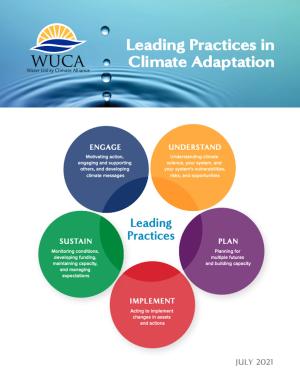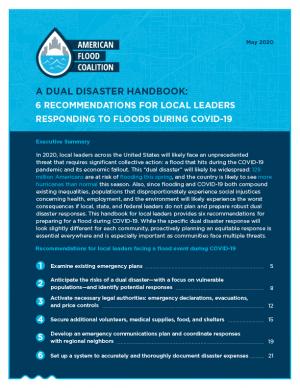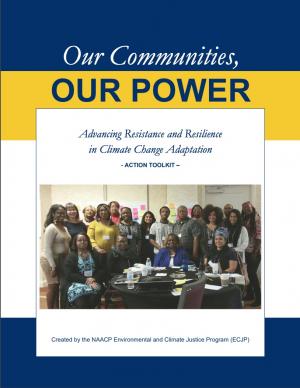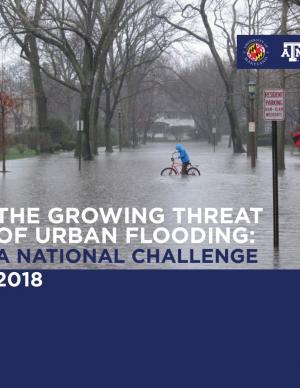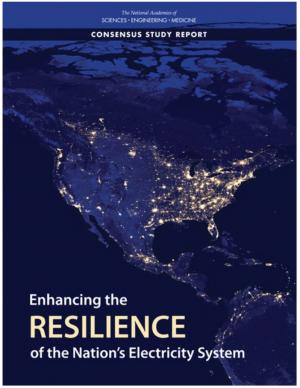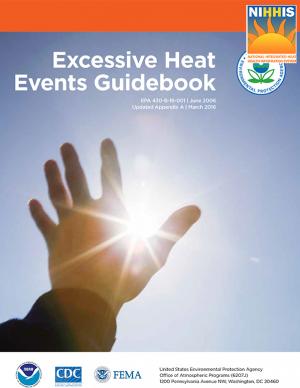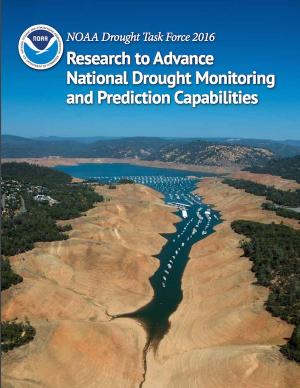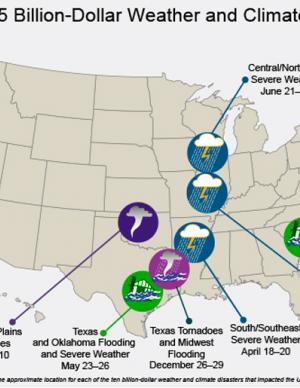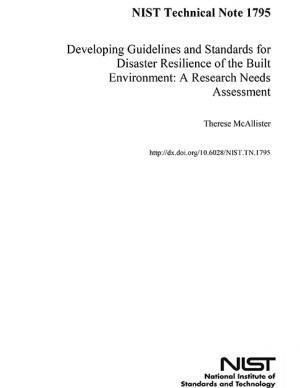Access a range of climate-related reports issued by government agencies and scientific organizations. Browse the reports listed below, or filter by scope, content, or focus in the boxes above. To expand your results, click the Clear Filters link.
This is the FY22 edition of the U.S. Gllobal Change Research Program's annual report to Congress mandated by the the Global Change Research Act. The report provides an overview of the Program’s progress in delivering on its strategic goals as well as a summary of agency expenditures under USGCRP’s budget crosscut.
This collection of leading practices in climate adaptation covers a suite of climate adaptation actions and is intended to broadly promote collaborative learning. Each practice in the collection is explained and supported by concrete examples. These practices are drawn from WUCA work products and WUCA members' experiences, and, when possible, connected to relevant resources and related efforts. Most of these practices are appropriate for water utilities of any size, as well as other sectors interested in climate adaptation.
The current practices and where they are placed within the five essential climate adaptation action areas:
- Engage
- Understand
- Plan
- Implement
- Sustain
It is important to note that these action areas and leading practices are not prioritized. Instead, the most useful practices depend on the individual organization's needs and priorities.
As higher seas, stronger storms, and more frequent flooding collide with COVID-19, communities of every size across the United States must address new challenges emerging from overlapping disasters. This handbook is a comprehensive resource to help local officials and emergency managers address the dual disaster scenario of flooding during the COVID-19 pandemic. This handbook, the first of its kind, draws on case studies and best practices from emergency management professionals to equip officials with six actionable recommendations for planning a proactive response as communities face multiple threats this season.
The Beloved Community is a vision for our future where all people share equally in the wealth and bounty of the earth, where we protect its abundance, diversity, and beauty for future generations. In this vision of liberation, racism, exploitation, and domination are replaced by democracy, cooperation, interdependence, and love. To get there, we pursue transformative, systems-change solutions. What do we mean by this? The root causes of the problems our communities face—like climate change, racism, and economic inequality—are all deeply connected. Since the problems are connected, so are the solutions. The purpose of this toolkit is to put us on the path toward achieving this vision. Through the context of building equity and resilience into climate adaptation planning, we introduce strategies to transform our communities and, by extension, society. Our ultimate goal is to create lasting and systemic change. At the same time, we recognize the urgency of the issues our communities face and the need to take action now. That is why we pursue change at every scale—from policy changes to community-based projects—to institute the transformative change we need to uphold our vision of the beloved community.
This report offers the first national assessment of the scope and consequences of urban flooding in the United States. Researchers analyzed available data concerning urban flooding, surveyed municipal flood and stormwater managers, and met with professionals whose disciplines intersect with urban flooding at the local, state, and national level. The research team's findings affirm that urban flooding is a national and significant source of economic loss, social disruption, and housing inequality. This report presents the full results of the study, addresses governance issues that affect urban flood risk reduction, examines critical challenges, and offers recommendations for actions.
This report focuses on identifying, developing, and implementing strategies to increase the power system’s resilience in the face of events that can cause large-area, long-duration outages: blackouts that extend over multiple service areas and last several days or longer. Resilience is not just about lessening the likelihood that these outages will occur; it is also about limiting the scope and impact of outages when they do occur, restoring power rapidly afterwards, and learning from these experiences to better deal with events in the future.
The U.S. Environmental Protection Agency produced this publication with assistance from federal, state, local, and academic partners. It is designed to help community officials, emergency managers, meteorologists, and others plan for and respond to excessive heat events. The guidebook highlights best practices that have been employed to save lives during excessive heat events in different urban areas. Originally published in June 2006, its Appendix A—a list of federal resources—was updated in March 2016.
Drought threatens our country’s natural resources, economy, and overall health. Increasingly, NOAA is charged with providing and improving information that helps stakeholders at all levels manage water resources in a more resilient and climate-smart manner. Working with input from farmers, ranchers, natural resource managers, and other drought-impacted industries and populations, NOAA research has worked to improve drought monitoring and prediction for better planning and mitigation of impacts.
The National Centers for Environmental Information (NCEI) is the nation's scorekeeper in terms of addressing severe weather and climate events in their historical perspective. As part of its responsibility of monitoring and assessing the climate, NCEI tracks and evaluates climate events in the U.S. and globally that have great economic and societal impacts. Found on these webpages are information on the weather and climate events that have had the greatest economic impact from 1980 to 2015. The U.S. has sustained 188 weather and climate disasters since 1980 where overall damages/costs reached or exceeded $1 billion (including CPI adjustment to 2015). The total cost of these 188 events exceeds $1 trillion.
This report outlines 100 recommendations to help improve federal programs and their ability to prepare for climate change, drawing from a series of workshops with leading federal, state, and local officials and building upon lessons learned post-disaster in New Orleans (following Hurricane Katrina), New York (following Hurricane Sandy), and Vermont (after Hurricane Irene). The report identifies more than 30 federal programs, initiatives, and laws that can be used to prepare for extreme events such as storms, floods, and heat waves as well as rising seas. This report informed the White House's State, Local, and Tribal Leaders Task Force on Climate Preparedness and Resilience.
Two national workshops were convened in 2011 to assist the National Institute of Standards and Technology (NIST) with identifying critical gaps and needs in tools and metrics for assessing the resilience of the built environment. The Resilience Roundtable convened invited leaders from engineering practice and research communities and the standards development community to identify gaps in current practice, standards, and codes and the assessment and design of resilient buildings and infrastructure systems. This report—NIST Technical Note 1795—presents the technical gaps and research needs for developing standards on community resilience planning, metrics, and tools for assessing facility and community resilience.
This Technical Input to the Third National Climate Assessment examines vulnerabilities of infrastructures and urban systems to extreme weather and other events associated with climate change.


